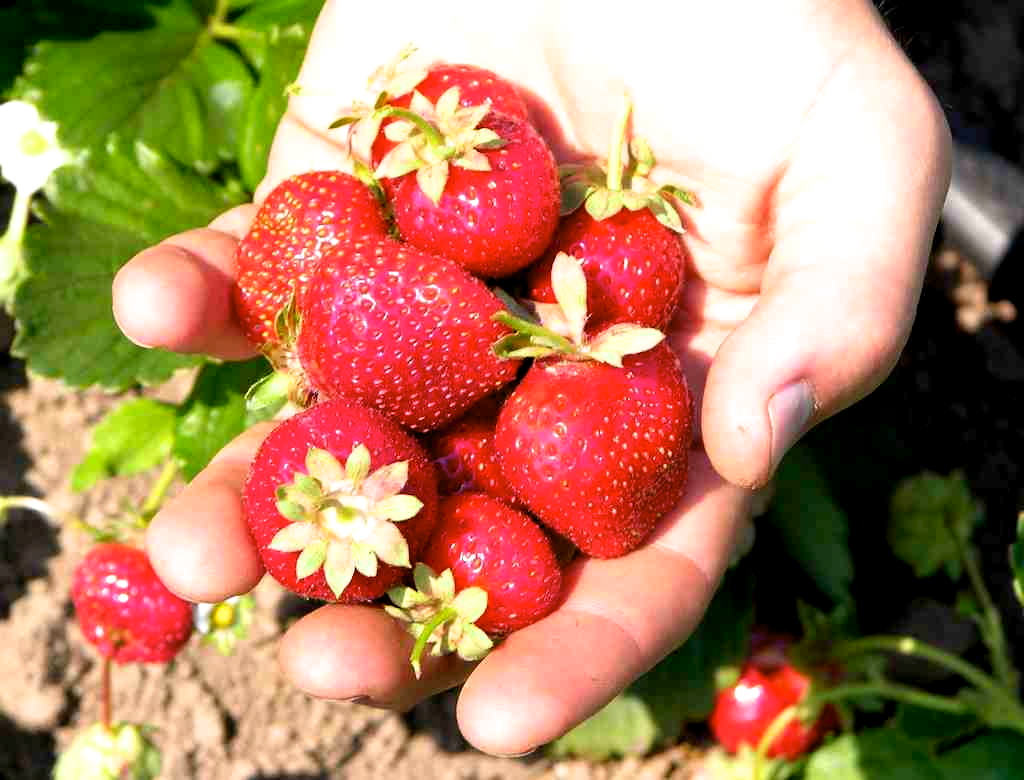
From the school cafeteria to rural tomato farms, and all the way to pickets at the White House, people are challenging the ways in which government programs benefit big agribusiness to the detriment of small- and mid-sized farmers. Urban gardeners, PTA parents, ranchers, food coops, and a host of others are organizing to make the policies that govern our food and agricultural systems more just, accountable, and transparent. They are spearheading alternative policies on the local, state, national, and international levels. Some advances include the following:
• The National Family Farm Coalition is educating and lobbying to restructure the subsidy system so that it benefits small farmers instead of agribusiness. Together with other groups like Food and Water Watch, Food First, and the Institute for Agriculture and Trade Policy, they are engaging in research, education, and strategies to help turn us all into effective policy-change advocates.
• People from all walks are becoming more involved in the U.S. Farm Bill. Up for renewal every five to seven years, this hugely influential legislation lays out the framework for national food and farming policy. It regulates agricultural subsidies, food stamps, school lunch programs, rural conservation, and much more. Given the heavy impact this set of laws has on our daily lives, more and more people are asserting the need for public participation in crafting the legislation.
In preparation for the 2012 Farm Bill, for example, the Community Food Security Coalition, a group of nearly 300 organizations, helped the public learn about and lobby for the issues, and drafted a platform of top priorities. This built on coalition’s history of successful grassroots lobbying for Community Food Projects in the 1996 Farm Bill, wherein government grants go to food projects supporting lower-income communities.
During the lead-up to the Farm Bill vote in 2008, community food, family farm, and farm-to-school organizations helped secure vital policy changes. These included placing a moratorium on land foreclosures under certain conditions, prioritizing socially disadvantaged farmers for federal loans and grants, and promoting locally grown produce in food stamp and school-lunch programs.
Despite the activism on the most recent Farm Bill, it was allowed to expire at the end of 2012 due to a stalemate in Congress around payments to farmers and broader budget issues. Congress implemented a nine-month extension, but several important programs were de-funded, including support for new farmers and farmers of color, conservation efforts, research into organic farming, and other progressive initiatives.
Organizations of farmers and activists are now pushing for these to be reinstated in the next Farm Bill, which is slated for action in summer 2013. Groups such as the Rural Coalition and National Family Farm Coalition have been developing citizen-driven advocacy to ensure that priority programs addressing equity and access issues are not left behind.
• People are becoming wise to the ways of industrial meat, dairy, and egg production, and demanding an end to abuse of animals by industry. In 2008, California residents organized a ballot initiative mandating better conditions for livestock and poultry. More Californians voted for it than for any other citizen initiative in state history. Michigan, Arizona, Colorado, Florida, and Maine have passed similar laws.
• The 2009 “Country of Origin Labeling” (COOL) federal law mandates that retailers label certain meats, produce, and nuts with their country of origin. In 2011, the WTO ruled against COOL labeling for meat products, claiming that it interfered with international trade law. However, due to pressure from the grassroots and groups like Food and Water Watch, the USDA is working to amend the COOL regulations in a way that upholds the labeling while complying with the WTO ruling. Some states such as Vermont, Minnesota, Montana and Maine have their own state-labeling policies and programs to help residents choose foods produced closer to home.
• For nearly 60 years, U.S. law has required that all food aid distributed globally be grown in the U.S. and shipped abroad. This system is inefficient, involving tremendous costs and time. More significantly, imported food aid undercuts farmers in recipient countries, who are often unable to sell their own food when competing with cheap U.S. products. While short-term needs for emergency food may be met, aid imports undermine the local food production that can address hunger in the long-term. Instead, U.S. food processors and transporters benefit. In April 2013, the Obama Administration proposed a policy change that would allow the U.S. government to purchase food aid from within recipient countries, as most other donor countries already do. Organizations like the Institute for Agriculture and Trade Policy, Oxfam America, Partners in Health, American Jewish World Service, and others have been organizing petitions and press releases to gain support for the new legislation.
• Groups at the town, city, and state level are putting together food policy councils to create food systems that better serve their communities. The councils work on projects such as increasing the amount of local food purchased by public institutions like schools, hospitals, and prisons; preserving farmland; and drafting sweeping charters to guide future food policy. These councils aim to democratize food systems by encouraging broad public participation in policy-making. Some 200 such councils now exist in the US, with new ones forming all the time.
To become an active and effective citizen-advocate:
• Support a shift in U.S. aid policy to source food aid locally from within recipient countries. Take action to support Obama’s current proposal, and learn more about food aid policies.
• Plug into advocacy on the Farm Bill. The next few months will be crucial as policymakers determine which aspects of the legislation will be extended. Stay tuned through the National Sustainable Agriculture Coalition, the Rural Coalition and the Farm Bill Primer website.
• Consider joining a food policy council, or starting one if there is none in your area.
• Join up with organizations listed in the last article in the Harvesting Justice series to get involved in their campaigns and movement-building.
Originally published by Other Worlds.
3 WAYS TO SHOW YOUR SUPPORT
- Log in to post comments
















